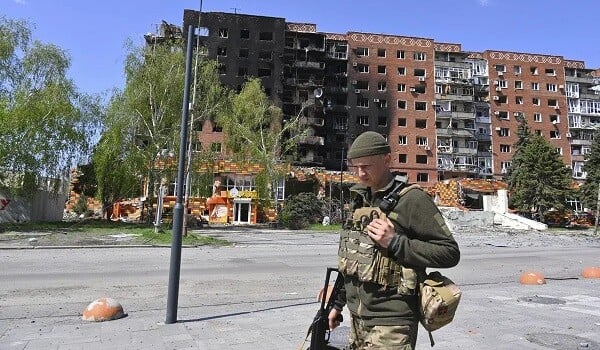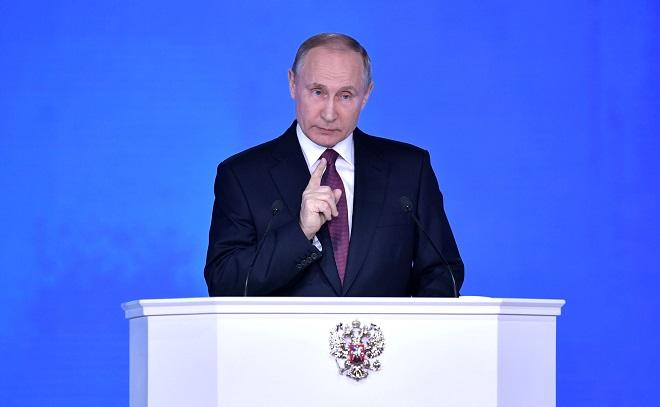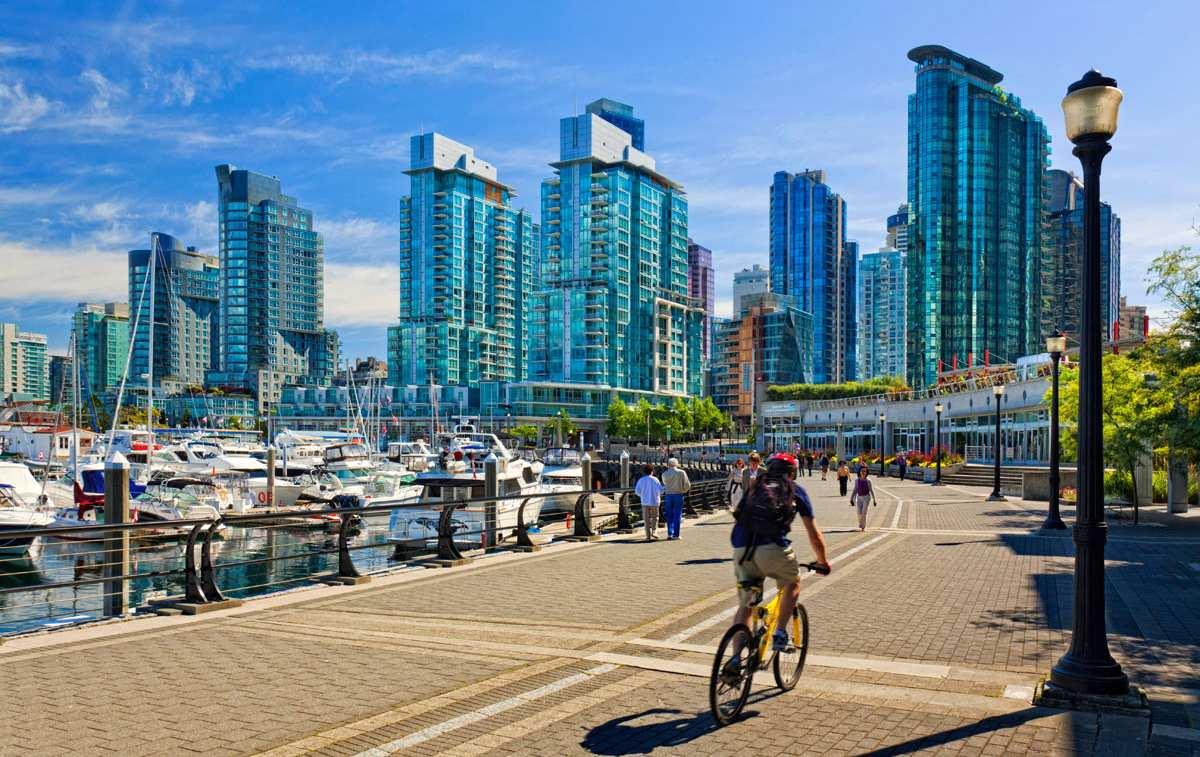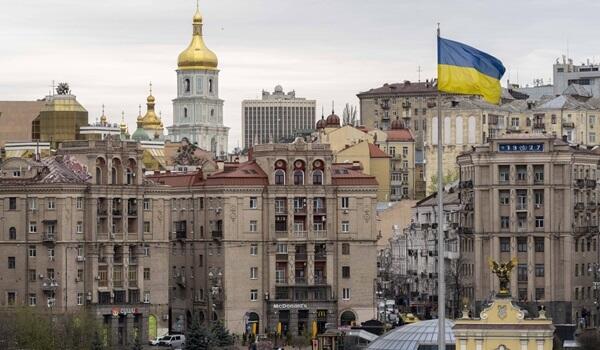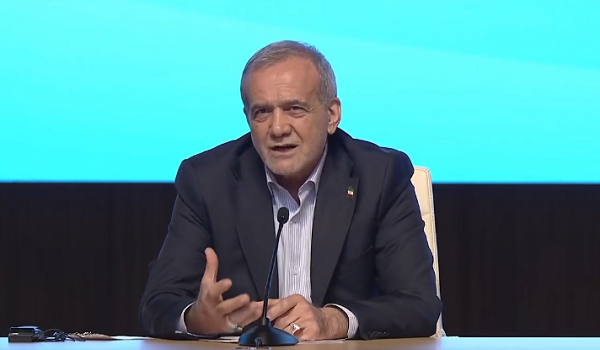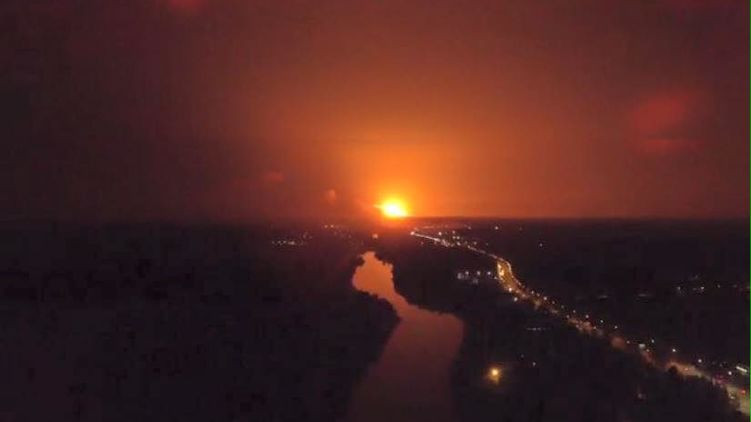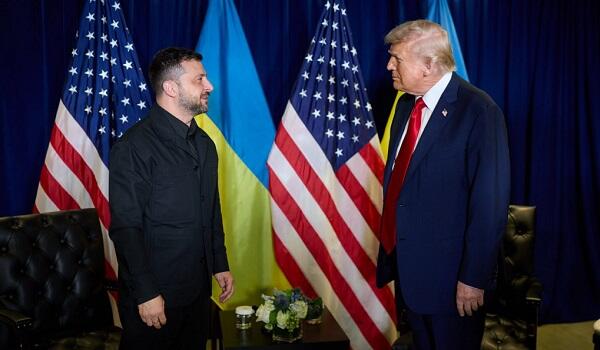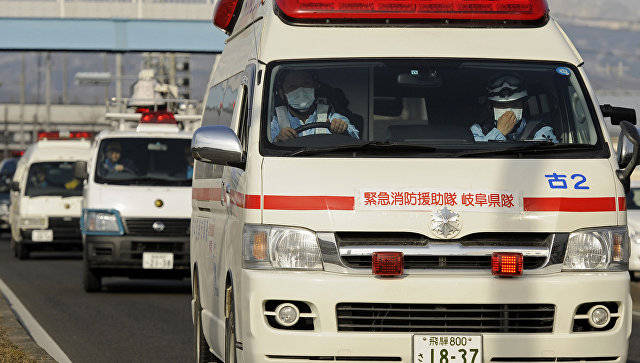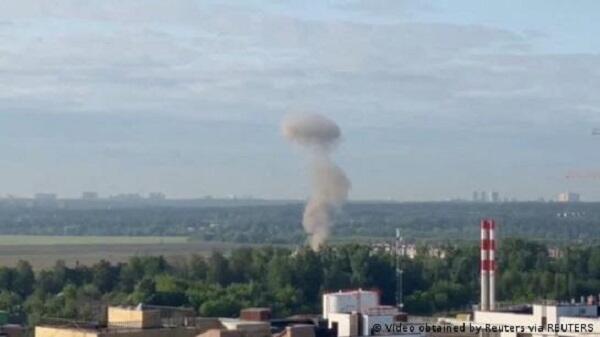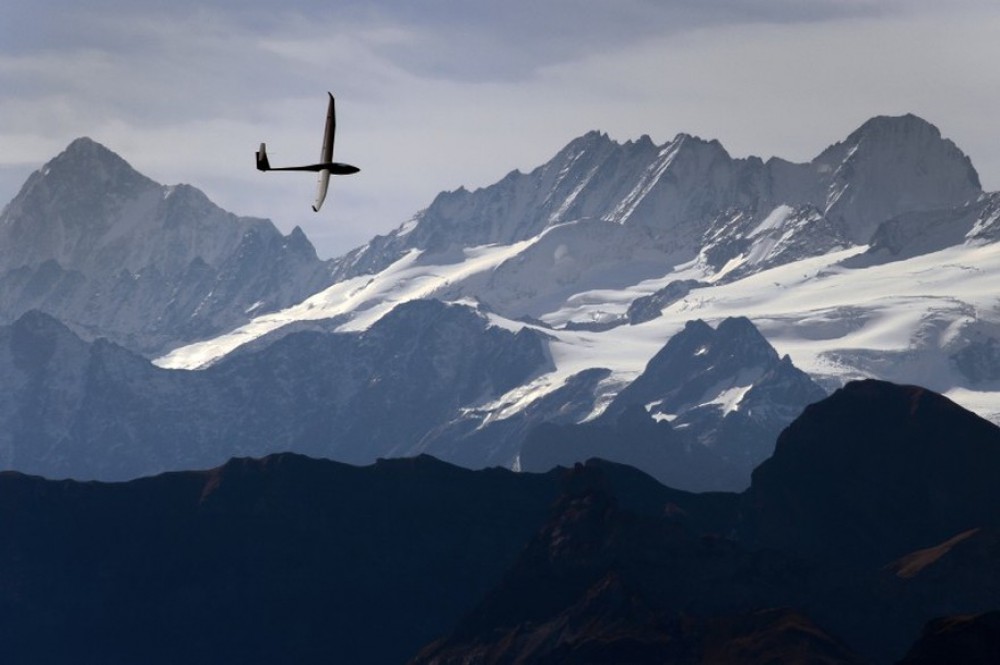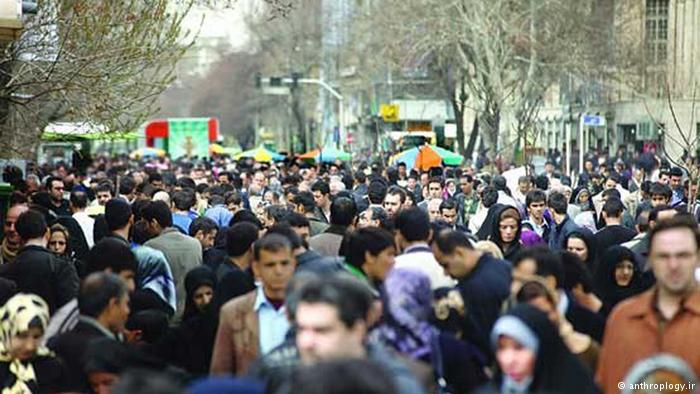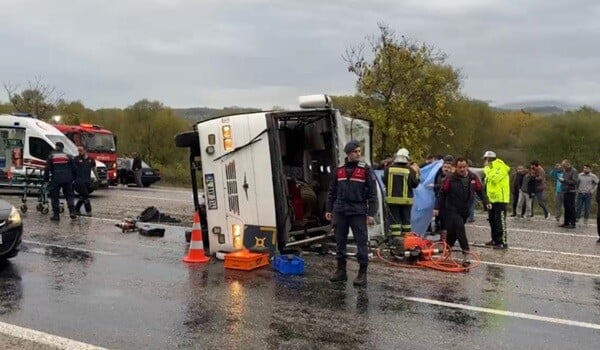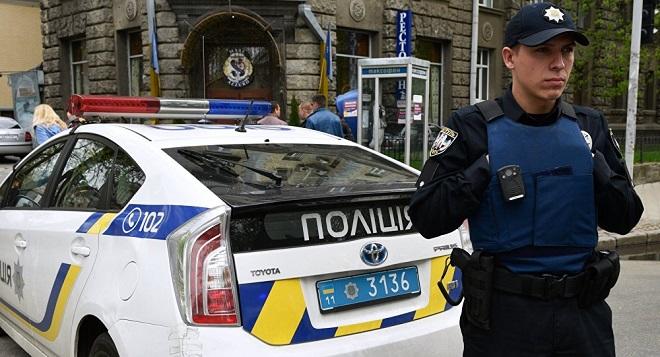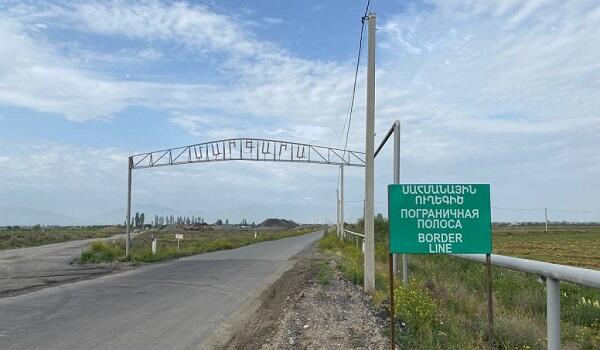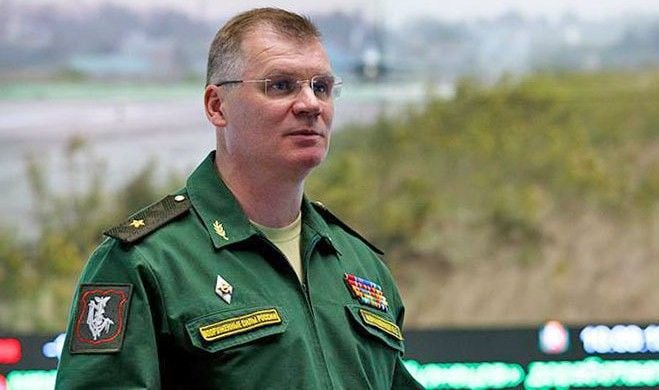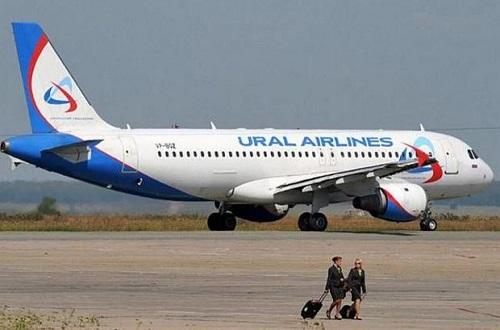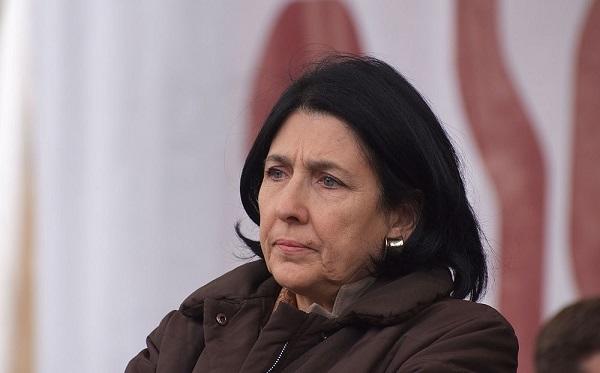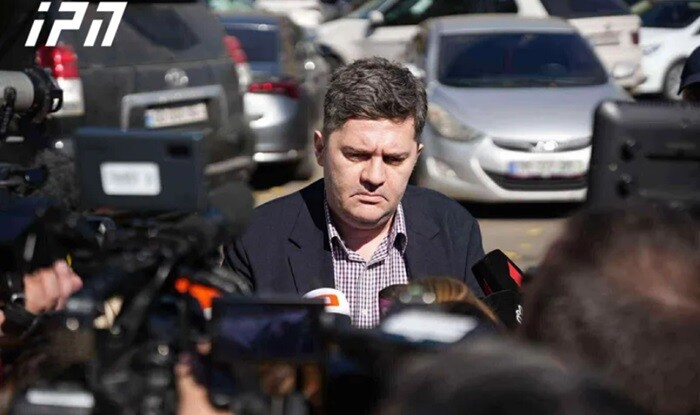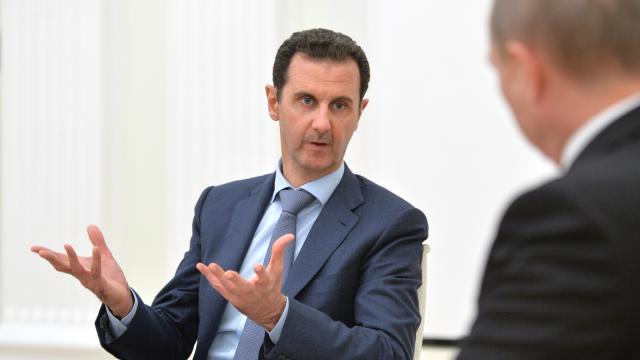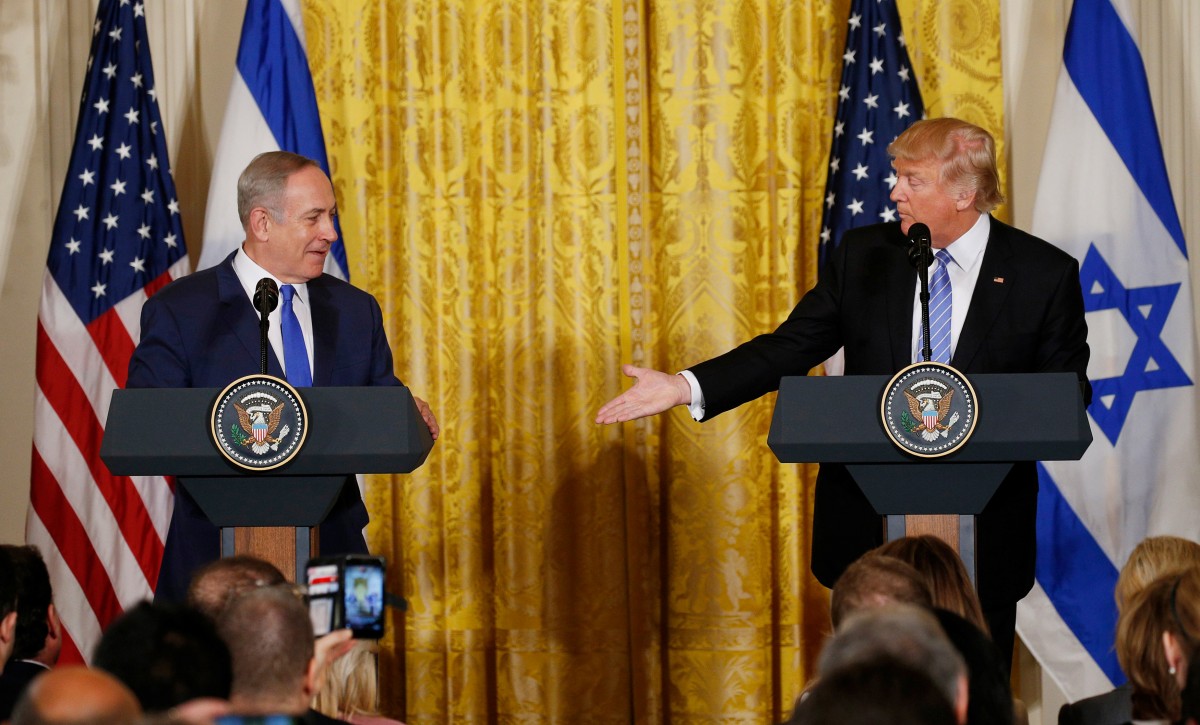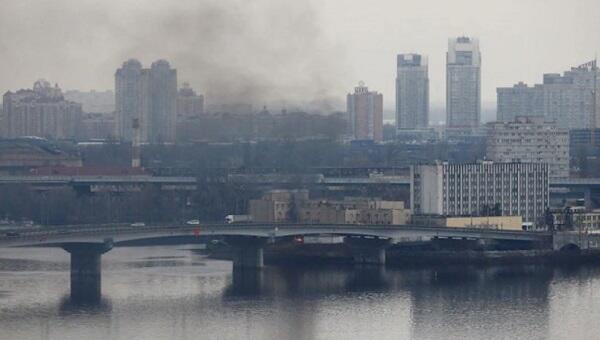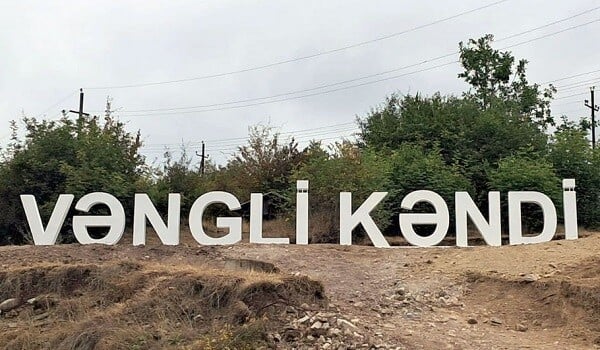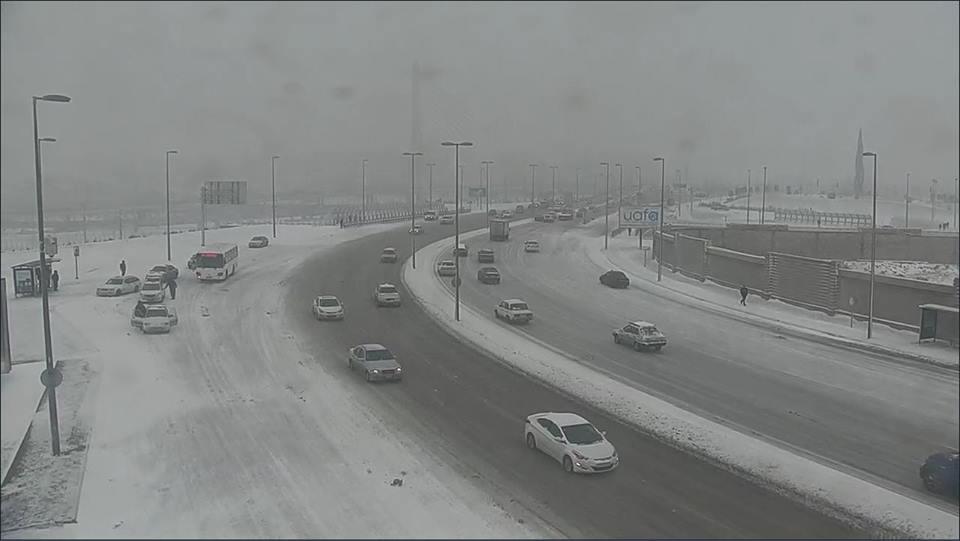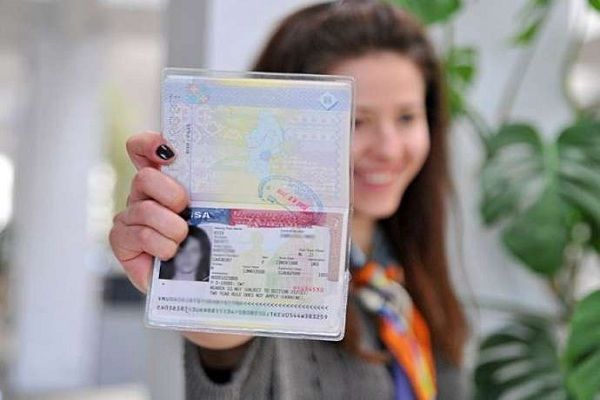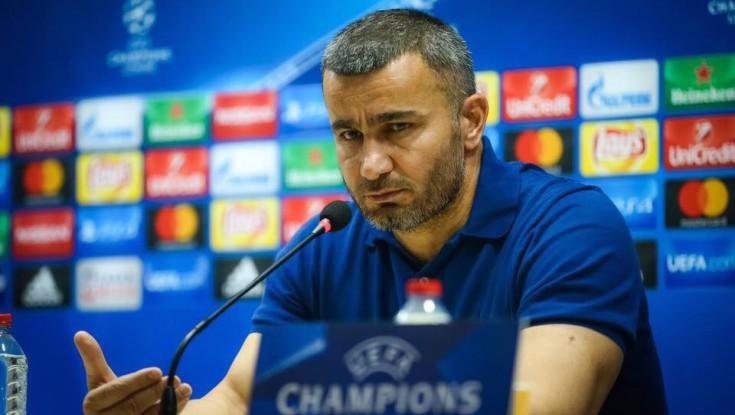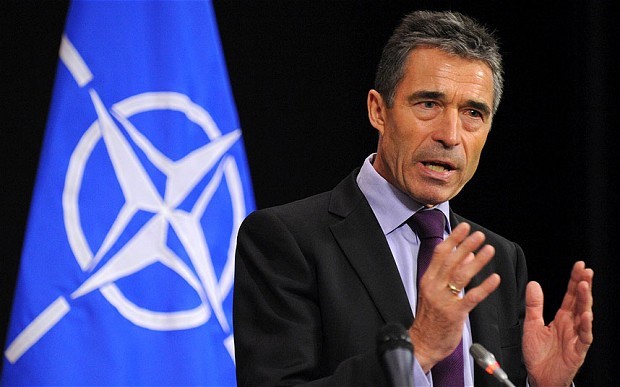Former Secretary General of NATO and former Prime Minister of Denmark Anders Fogh Rasmussen made an article full of sharp accusations against Azerbaijan after visiting Armenia and meeting with Prime Minister Nikol Pashinyan.
Axar.az reports that in his article on the Project Syndicate portal, Mr Rasmussen mentions that in clear violation of a 2020 ceasefire agreement, Azerbaijan is "fueling a humanitarian crisis in Nagorno-Karabakh" and once again threatening neighbouring Armenia with military aggression.
In the first paragraph of the article, Rasmussen revealed his true intention and said, "With Russia unable or unwilling to help, the European Union must play a greater role to preserve peace and stability in the South Caucasus."
"All eyes are rightly fixated on Russia’s war in Ukraine. But that is no excuse for ignoring another crisis that is brewing on Europe’s doorstep. Tensions between Armenia and Azerbaijan are rising again, raising the prospect of another war.
Last week, I visited the Lachin corridor, the only road linking the ethnic Armenian population of Nagorno-Karabakh with Armenia and the outside world. Since December, access to the corridor has been blocked by Azerbaijanis under the pretext of an environmental protest. This is clearly happening with the backing of the regime in Baku."
Rasmussen knowingly, blatantly and brazenly lied that the "protesters" "blocked all civilian or commercial transport to Nagorno-Karabakh" and deprived the nearly 120,000 ethnic Armenian residents of vital medicines and health services. including lack of necessary goods and services.
The Russian peacekeeping contingent and the Armenians living in Khankendi themselves confirm that there are no obstacles to civilian and humanitarian aid on the road to Lachin, however, Rasmussen does not "see" or "hear" this; Rasmussen does not want to touch on the Armenians' transportation of weapons and ammunition accompanied by Russian peacekeepers on land roads, which are an alternative to the Lachin road, and the looting of Azerbaijani wealth.
Rasmussen claims that Azerbaijan is violating its commitment by refusing to lift the blockade, the International Court of Justice (ICJ) issued an order on February 22 demanding that Azerbaijan take all steps necessary to do so. But a month has passed, and nothing has changed.
Throughout the article, the former head of NATO periodically criticizes the Russian peacekeeping contingent and accuses them of "fail to act" and calls that "unless Europe and the wider international community pressure Azerbaijan to lift the blockade, the current humanitarian crisis could become a humanitarian catastrophe."
"Azerbaijan is using the blockade and other measures to strangle Nagorno-Karabakh. Residents are often prevented from returning to their homes, and gas and electricity are regularly cut off without warning or explanation. The intent, clearly, is to make life as difficult as possible for the Armenian population, and there is a serious risk of imminent ethnic cleansing. We must not divert our gaze from what is happening" Rasmussen wrote.
Rasmussen also mentions that "the Azerbaijani regime (and its online trolls) have continued to downplay the effects of the blockade – or even its existence" and states that "Yet they also refuse to grant international observers access to assess the situation."
"The first priority for the international community, then, is to send a fact-finding mission to the corridor under the auspices of the United Nations or the Organization for Security and Cooperation in Europe. We must make clear that Azerbaijan’s president, Ilham Aliyev, will face consequences if he continues to flout the ICJ’s binding order.
The 2020 Nagorno-Karabakh War made clear that Azerbaijan has a significant military advantage over Armenia, owing to the weapons that it has bought from Russia, Turkey, and Israel. This fact was reiterated last September, when Azerbaijan took territory within Armenia itself – including strategic positions above the city of Jermuk – after just two days of renewed fighting."
With this article, Rasmussen fully confirmed all predictions and possibilities of political observers regarding the purpose of his visit to Armenia. Thus, most observers stated that Rasmussen's purpose in the visit was to persuade Pashinyan to remove him from the CSTO, to stimulate his opposition to Russia, and in return to ensure Western support for his territorial claim against Azerbaijan.
After all, Rasmussen's mission is to achieve the most drastic measures against Russia anywhere. It is no coincidence that Rasmussen was the former president of Ukraine Petro Poroshenko's adviser on military and political issues, and it is known to everyone that during Poroshenko's time, Ukrainian-Russian relations rapidly developed towards deterioration.
Currently, Rasmussen wants to perform the same function in Armenia through Pashinyan and promises strong Western support in return.
"Although Armenia is still a member of the Collective Security Treaty Organization, the regional alliance linking Russia with five nearby former Soviet states, no support was forthcoming when it requested assistance following this attack on its sovereign territory. It was left vulnerable and alone."
Making matters worse, Azerbaijan has kept its troops on Armenian territory and refused to return Armenian prisoners of war. With peace talks being stalled, there are clear warning signs that Azerbaijan believes it can achieve more through military means than through peaceful negotiations. A renewed offensive against Armenia in the coming months cannot be ruled out" Ramussen uses provocative ideas that encourage Armenia's evasion of the obligations assumed by the statement of November 10, 2020 and support its withdrawal from the CSTO.
He writes openly: "With Armenia’s traditional security provider, Russia, unable or unwilling to help, the European Union must play a greater role to preserve peace and stability in the region. Both European Council President Charles Michel and French President Emmanuel Macron have recognized this and devoted significant political capital to the issue. Following the renewed outbreak of hostilities in September, the EU dispatched a civilian mission to Armenia to monitor the border with Azerbaijan.
But much more still needs to be done. The EU mission, which is currently deployed only on Armenian territory, should be rapidly scaled up to monitor the full length of the Armenia-Azerbaijan border. European leaders need to press Aliyev’s government to allow EU personnel on to Azerbaijani territory. Of course, an unarmed EU mission would not be able to stop hostilities; but scaling up its presence would put further pressure on Azerbaijan to choose negotiation over military confrontation.
Over the last year, the EU has built increasingly close economic ties with Azerbaijan, owing to its rapid shift away from Russian gas and oil. But EU leaders need to be clear with Aliyev that he will not be allowed to act with impunity, and that Europe’s short-term commercial interests will not outweigh its values or its long-term interests in maintaining peace and stability in the South Caucasus. If Azerbaijan continues to flout its international commitments and legally binding court orders from the ICJ, it must face political and economic consequences.
Armenia is an emerging democracy in an immensely challenging neighborhood. With Russia’s influence waning, Europe must play a bigger role in the region. This is not a form of charity. Acting now to prevent another significant conflict – or even ethnic cleansing – in our backyard is in everyone’s interest."
Apparently, the West is invading Armenia with the "traditional rules of the game": supporting "democracy", preventing "ethnic cleansing", etc.
In 2020, Rasmussen talks about Azerbaijan's advantage in the war due to the "weapons it bought from Russia...", but only because of the location of Russian military bases in Armenia, Russia's donation of weapons worth billions of dollars to Armenia, including Iskander-M and Su-30M, and even 44 does not mention the large amount of arms and ammunition sent from Russia to Armenia during the daily war;
Rasmussen suggests the possibility of "ethnic cleansing" and "up to 120,000 Armenian population being in danger" - but since nearly one million Azerbaijanis were subjected to ethnic cleansing for 30 years, were expelled from their homeland and forced to take shelter in tents, the homes, villages, and even big cities of Azerbaijanis were destroyed. There is no question of erasing it from the face of the earth.
Rasmussen only supports the occupation policy of Armenia by all means, aims to remove Russia from this region, expand the military mission located in the region under the name of "civilian mission", and open a second front against Russia.
Armenia is rapidly turning into Ukraine, and the bad thing is that Azerbaijan is drawn into the conflict in the "Second Ukraine game"...
